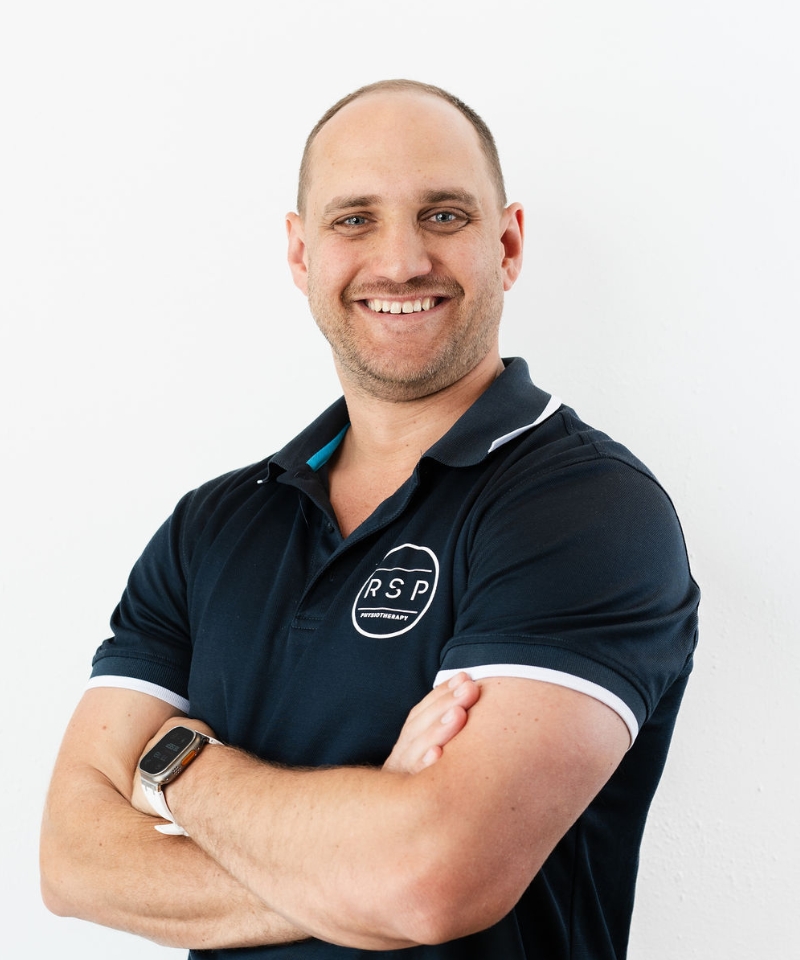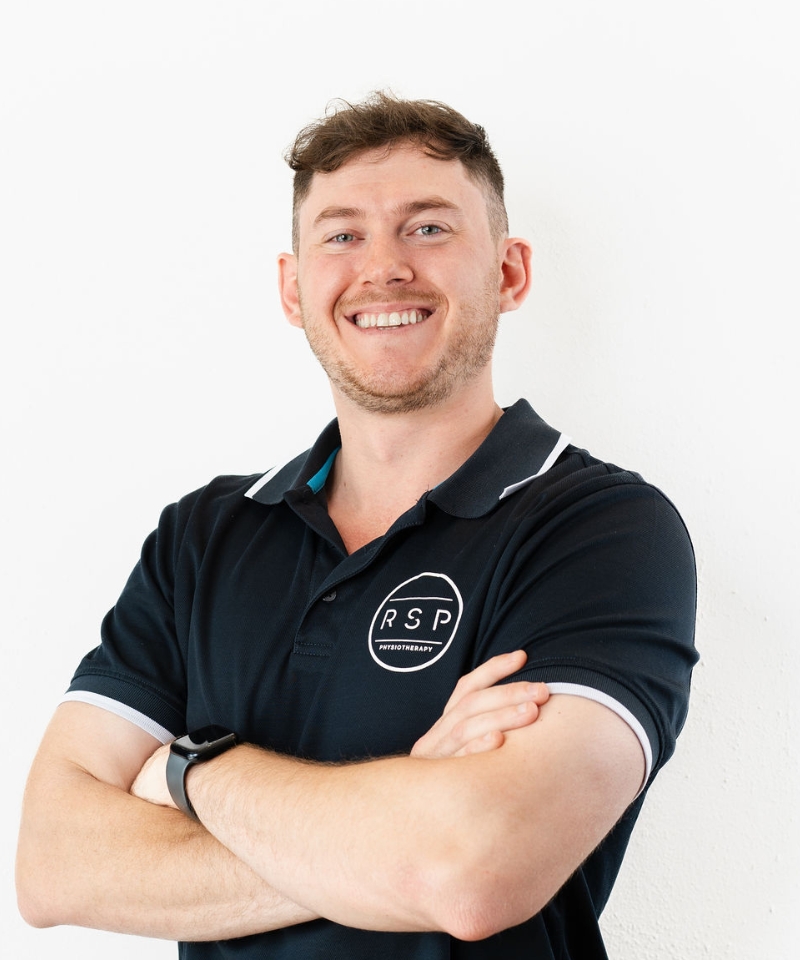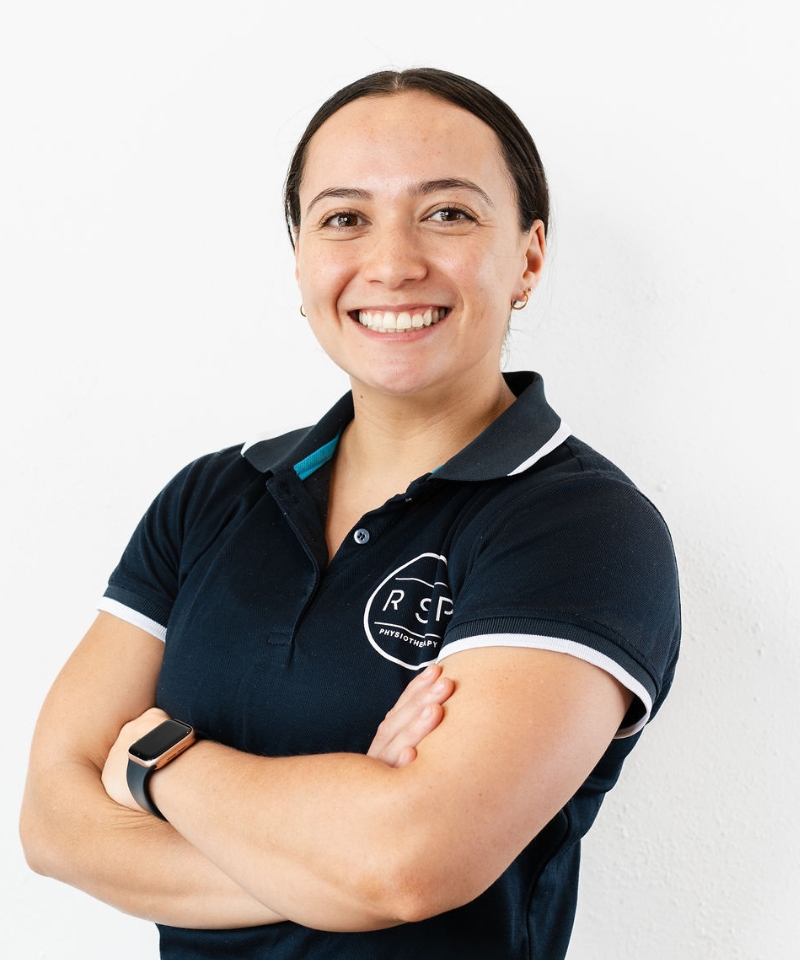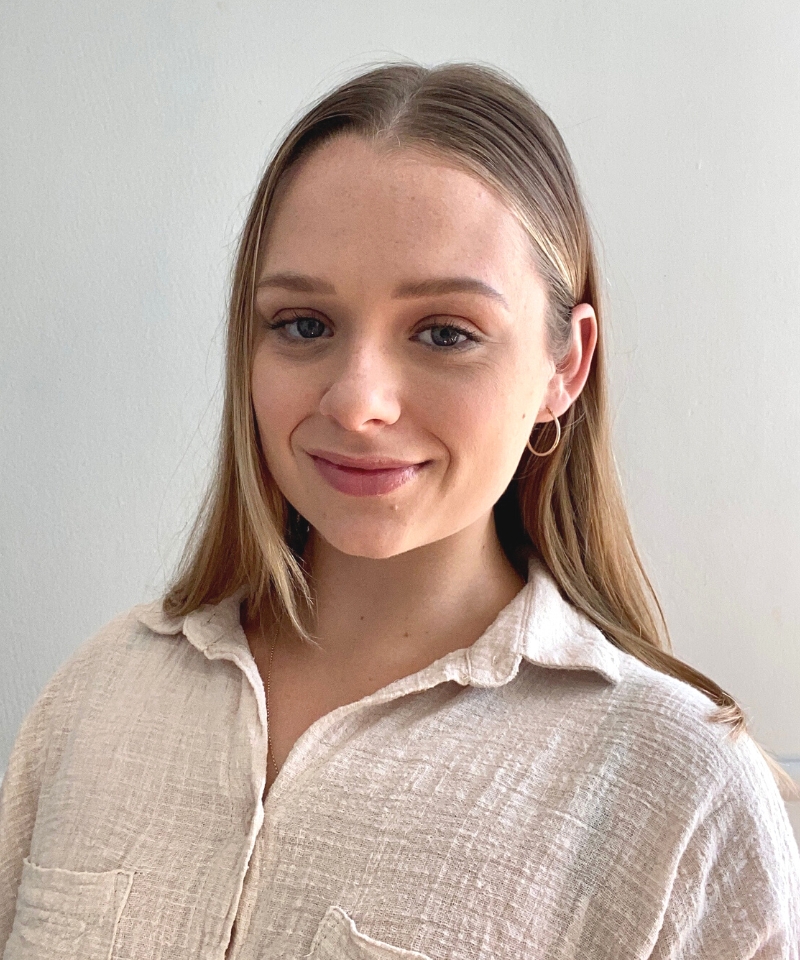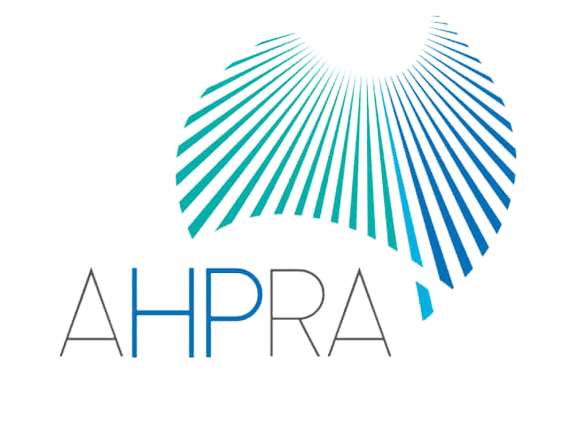Orthopaedic Physiotherapy
Post-Surgical Rehabilitation
Let the team at RSP SPORTS PHYSIOTHERAPY, experts in ACL reconstructions, syndesmosis surgery & shoulder reconstructions, help you restore your strength after fracture, dislocation or orthopaedic surgery and overcome the physical and mental obstacles keeping you from performing at your best.
Rehabilitation following surgery can be a long and difficult road, meaning you want to have the most educated, prepared and well-equipped team by your side! We have done this a million times over.
We pride ourselves on offering comprehensive services that set us apart. Our team is not only highly experienced but we have also developed extensive rehabilitation protocols tailored to each surgery and each athlete's unique needs. These protocols ensure that every client receives the most effective, evidence-based treatment available.
We work collaboratively with your orthopaedic surgeon, parents, coaches, and strength and conditioning staff, throughout the rehabilitation process to achieve the best holistic recovery.
What We Treat
Our sports physiotherapists have the training and experience necessary to help you recover and exceed your previous performance levels. We address many post-orthopaedic injuries, including but not limited to:
What to Expect
Our team starts with an in-depth assessment which guides our early treatment options and then we’re able to commence our evidence-based rehabilitation process. During the acute protective period post-operation, we not only focus on the local injured area but also on the surrounding tissues to guide our performance programming to better you as an athlete. This ensures we focus on what you CAN do, and not what you CAN'T do. We are here to assist and guide you through this process so you don't have to go at it alone.
Our post-surgical treatments include comprehensive post-injury support:
How We Work
You can trust us with all your sports and exercise rehabilitation needs because our staff are highly trained physiotherapists, working exclusively with manual therapy, evidence-based rehabilitation, strength & conditioning, recovery and nutrition. We pride ourselves on delivering the best possible care and tailored treatment plans to ensure we get you back performing at your best. If you're looking for a Brisbane physiotherapy clinic with state-of-the-art technology and rehabilitation facilities, look no further than REHAB. STRENGTH. PERFORMANCE.
REHAB. STRENGTH. PERFORMANCE.
REHAB.
Our initial focus will be your REHAB and recovery, starting with a thorough assessment and diagnosis. From there, we’ll help you understand your diagnosis, the short and long-term phases of your rehabilitation, and we’ll connect your rehabiitation to your personal goals. Your short-term treatment plan will include proper nutrition, strength and conditioning, and manual physiotherapy.
STRENGTH.
To get the best outcomes for you, we’ll identify all the areas that need improvement. By doing this, we’ll be working on your body as a whole. Building your body's strength can optimise the systems required to promote muscle growth, improve joint stability, and enhance recovery so you can work smarter, not harder.
PERFORMANCE.
Together, we’ll define what performance means to you and we’ll work with you to to the very end to ensure you return to the activity or sport you love. We don’t stop there though; we’ll aim to help you exceed your expectations. We’re here to support your journey and make sure you’ve rehabilitated and return as a better and more robust athlete.
At RSP SPORTS PHYSIOTHERAPY, we don’t stop at treating symptoms. We’re not satisfied until you can not only get back in the game but play harder than ever before.
ACL RECONSTRUCTIONS & SURGERIES
At RSP SPORTS PHYSIO, we know that an ACL injury can feel like a setback, but with the right plan and the right team behind you, a full recovery isn’t just possible—it’s expected! ACL reconstructions are commonly performed to restore knee stability, but exciting research shows that in some cases, non-surgical management may be an option. Our expert physiotherapists will work closely with you, your sports physician, orthopaedic surgeon, coaches, and strength & conditioning staff to determine the best path forward, ensuring you get the most effective and individualized care.
Rehabilitation is a journey, and we’re with you every step of the way. Strength and control naturally take time to rebuild following an ACL injury, but with our structured 12-month ACL protocol, we’ll help you regain full function and get you back to sport stronger than ever. Some athletes achieve this in as little as 9 months, while others may take up to 12-15 months—it’s all about progressing at the pace that’s best for you.
Our evidence-based ACL rehabilitation programs integrate the latest global research and elite-level expertise. Every athlete receives a tailored program designed by our physiotherapists and strength & conditioning specialists, ensuring you build strength, control, and confidence with a progressive, performance-driven approach. Beyond just rehabbing your knee, we focus on optimizing your entire body so you return to sport as a better, more resilient athlete.
With access to our exclusive rehab gym and the option to join our Elite REHAB. program, we provide a seamless recovery process from pre-surgery preparation to post-surgery rehab, all the way to game day. With RSP SPORTS PHYSIO on your team, you’re not just recovering—you’re rebuilding for a stronger future.
ACL Rehabilitation FAQs
Recovery time from ACL surgery can vary depending on several factors, including the type of surgery performed, the severity of the injury, and the individual's overall health and level of physical activity. It typically takes 9-12 months to regain full strength and range of motion. During rehabilitation, you should expect to work with a physiotherapist who will design a personalized program of exercises and physical therapy to help you recover. Our physiotherapists are expertly trained in the rehabiliation of ACL injuries. Come join us and the many athletes currently rehabilitating following their ACL in our clinic.
Resource: "Anterior Cruciate Ligament (ACL) Injury" - Australian Physiotherapy Association (https://australian.physio/group/anterior-cruciate-ligament-acl-injury)
Many patients are able to return to their pre-injury level of activity after ACL surgery and rehabilitation, but this can depend on several factors, including the severity of the injury, the type of surgery performed, and the individual's overall health and fitness level. Your physiotherapist can work with you to create a plan that will help you achieve your rehabilitation goals and safely return to your desired activities.
Resource: "Anterior Cruciate Ligament (ACL) Injury" - Sports Medicine Australia (https://sma.org.au/resources-advice/injury-fact-sheets/anterior-cruciate-ligament-acl-injury/)
Your physiotherapist will create a personalized exercise program that may include a range of exercises to help strengthen the muscles around the knee, improve flexibility and range of motion, and improve overall function. Our clinic has a large gym to perform such exercises as leg presses, knee extensions, squats, and lunges, as well as balance and coordination exercises. The frequency and duration of these exercises will depend on your individual needs and progression. Our physiotherapists are expertly trained in the rehabiliation of ACL injuries. Come join us and the many athletes currently rehabilitating following their ACL in our clinic.
Resource: "Anterior Cruciate Ligament (ACL) Injury" - Australian Physiotherapy Association (https://australian.physio/group/anterior-cruciate-ligament-acl-injury)
Common challenges or setbacks during ACL rehabilitation can include pain, swelling, and limited range of motion. Your physiotherapist can provide guidance on how to address these challenges, which may include modifying your exercise program, adjusting your pain management plan, or incorporating additional therapies such as massage or acupuncture. We work with a lot ACL clients every year as it is somewhat of a sub-specialty of the clinic, so we have seen it all and are very confident you’ll progress under our care.
Resource: "ACL Rehabilitation and Recovery" - Australian Knee Clinic (https://www.australiankneeclinic.com.au/acl-rehabilitation-recovery/)
SHOULDER RECONSTRUCTIONS & SURGERIES
Shoulder instability can be defined in several ways and can range from relatively minor functional limitations to complete dislocation. The general term shoulder instability encompasses a broad spectrum of injuries, from instability episodes and pain with active shoulder movement to acute traumatic events (e.g., shoulder popping due to contact in rugby).
At RSP SPORTS PHYSIOTHERAPY, we follow dedicated rehabilitation protocols designed to address the specific needs of each case. These protocols are based on the latest scientific literature and expert recommendations from around the globe, ensuring that our rehabilitation programs are both comprehensive and effective. We work collaboratively with your sports physician, orthopaedic surgeon, parents, coaches, and strength and conditioning staff throughout the rehabilitation process, guiding the treatment and rehabilitation to achieve the best possible outcome. Our commitment to these structured rehab programs reinforces our belief that we are the best physios for the job, ensuring a thorough and holistic recovery.
With our exclusive rehabilitation gym and the option to join our Elite REHAB. program, we are best placed to take your shoulder rehabilitation from pre-surgery, post-surgery to return to sport.
Shoulder Rehabilitation FAQs
Physiotherapy can help with a variety of shoulder injuries, including rotator cuff injuries, shoulder impingement, and frozen shoulder. Physiotherapy can help with shoulder rehabilitation by improving strength, flexibility, and range of motion in the affected shoulder, as well as reducing pain and inflammation.
Resource: "Shoulder Injuries and Treatment" - Australian Physiotherapy Association (https://australian.physio/group/shoulder-injuries-and-treatment)
Answer: Your physiotherapist will design a personalized exercise program that may include exercises to strengthen the muscles around the shoulder, improve flexibility and range of motion, and improve overall function. This may include exercises such as shoulder presses, rows, and lateral raises, as well as stretches and mobility exercises. Your physiotherapist may also recommend specific exercises to help prevent future shoulder injuries.
Resource: "Shoulder Injuries and Treatment" - Australian Physiotherapy Association (https://australian.physio/group/shoulder-injuries-and-treatment)
Your physiotherapist can provide guidance on pain management during shoulder rehabilitation, which may include the use of medications, ice, and specific exercises to help alleviate pain and reduce inflammation. They may also recommend techniques such as massage and acupuncture to help manage pain and promote healing.
Resource: "Shoulder Injuries and Treatment" - Australian Physiotherapy Association (https://australian.physio/group/shoulder-injuries-and-treatment)
Recovery time from shoulder surgery can vary depending on several factors, including the type of surgery performed, the severity of the injury, and the individual's overall health and level of physical activity. It typically takes several months to regain full strength and range of motion in the affected shoulder.
Resource: "Shoulder Surgery" - Sports Medicine Australia (https://sma.org.au/resources-advice/injury-fact-sheets/shoulder-surgery/)
Are you ready to get back in the game?
At RSP SPORTS PHYSIOTHERAPY, we have all your sporting rehabilitation and recovery needs covered with everything you require to get back to the sport you love under one roof here at our clinic in Albion, in the heart of Brisbane.
Let’s get you perfoming better than before! Book your appointment today.
Knee Rehabilitation FAQs
Recovery time from knee surgery can vary depending on the type of surgery performed and the individual's overall health and level of physical activity. However, it typically takes several months to regain full strength and range of motion and ACL recovery can be up to 12 months and beyond. During rehabilitation, you should expect to work with a physiotherapist who will design a personalized program of exercises and physical therapy to help you recover.
Resource: "Rehabilitation following knee surgery" - Australian Physiotherapy Association (https://australian.physio/group/rehabilitation-following-knee-surgery)
In many cases, patients are able to return to their pre-injury level of activity after knee surgery and rehabilitation. However, this can depend on several factors, including the severity of the injury, the type of surgery performed, and the individual's overall health and fitness level. Your physiotherapist can work with you to create a plan that will help you achieve your rehabilitation goals and safely return to your desired activities.
Resource: "Knee injuries and treatment" - Sports Medicine Australia (https://sma.org.au/resources-advice/injury-fact-sheets/knee-injuries-and-treatment/)
Your physiotherapist will create a personalized exercise program that may include a range of exercises to help strengthen the muscles around the knee, improve flexibility and range of motion, and improve overall function. Our clinic has a large gym to perform such exercises as leg presses, knee extensions, squats, and lunges, as well as balance and coordination exercises. The frequency and duration of these exercises will depend on your individual needs and progression.
